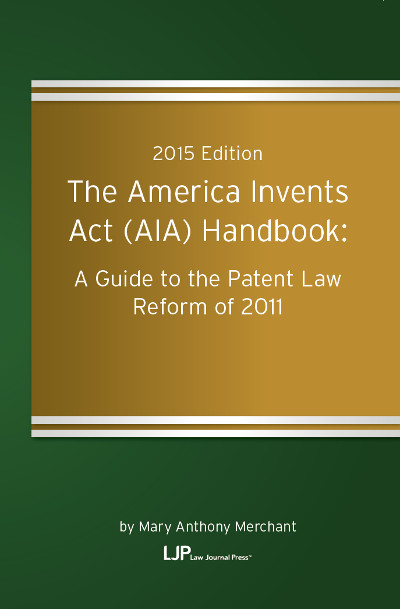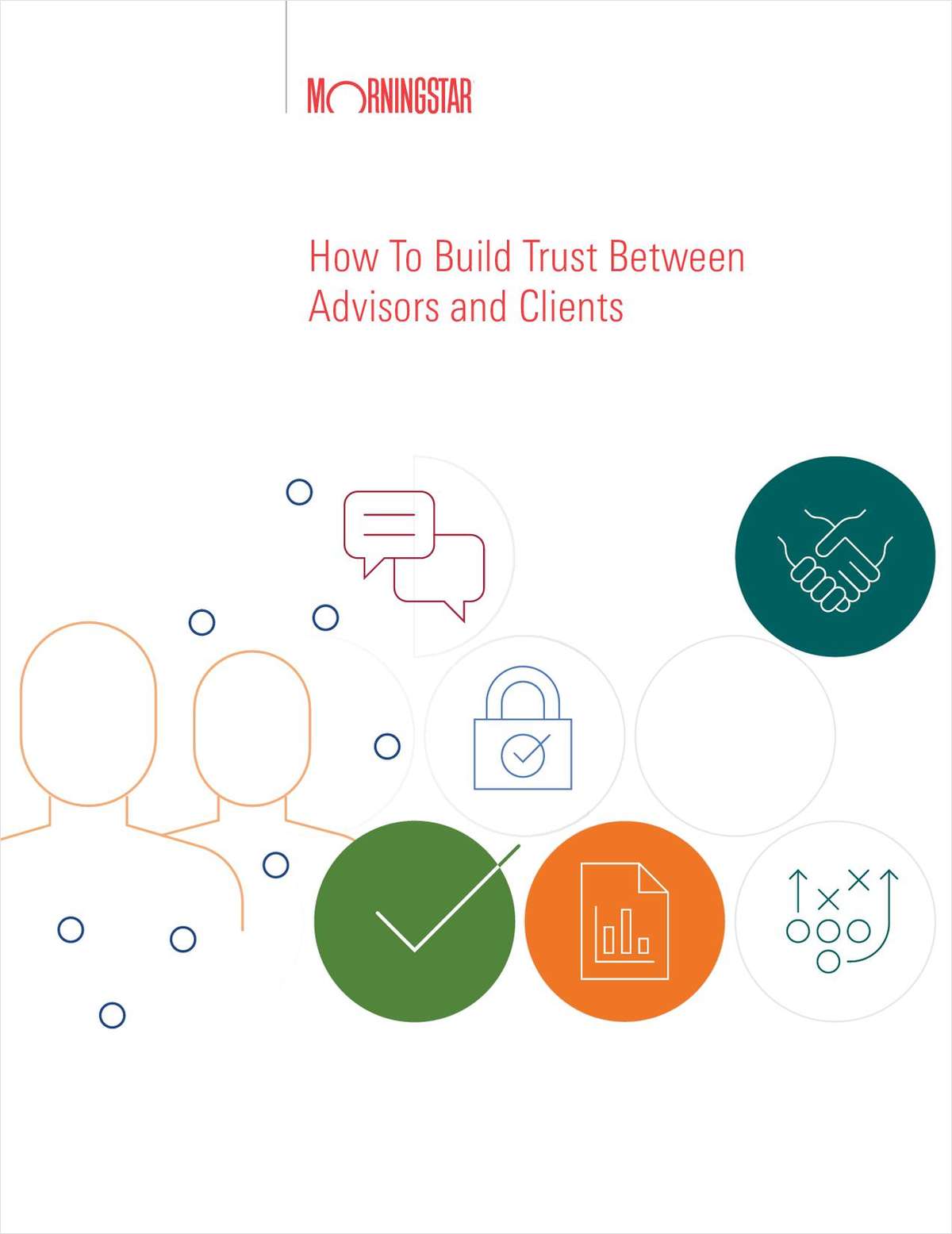0 results for 'facebook lawsuits 2015'

Social Media Discovery: Examining the Factual Predicate Standard
The rise of social media discovery requests has become a major trend over the past 10 years. This is not surprising, as the use and accessibility of the various platforms continues to soar.
IPR: Statistics Continue to Favor Petitioner's Perspective
Inter partes review (IPR) is a powerful alternative or supplement to patent litigation that permits a party to challenge a patent's validity before the Patent Trial and Appeal Board (PTAB). In fact, the concurrent use of IPR in connection with federal district court patent litigation has become so pervasive that many patent infringement litigants now consider IPRs to be a de facto counterpart to such litigation. From the accused infringer's perspective, an IPR is an essential consideration and may be an integral part of a defense strategy. In that regard, a patentee must take into account how an IPR could derail its enforcement efforts.
Mobile Medical Apps and Products Liability Collide
What types of applications do you have on your smartphone? Besides the usual—Facebook, Google and Instagram—chances are that you have a health-related app as well.
Appeals Courts Spoke Out on Major Crimes, Wolf's Powers
Pennsylvania's intermediate appellate courts handled a number of high-profile cases in 2015, dealing with executive branch decisions and the fallout of two major criminal cases.
Facebook Link, 'Like' Not Defamation
A person who posted a link on her Facebook page and "liked" the post on her own page cannot be held liable for publishing allegedly defamatory content, the Pennsylvania Superior Court has ruled.View more book results for the query "facebook lawsuits 2015"


US Supreme Court Explores Standing Doctrine in 'Spokeo'
Article III of the Constitution is the gatekeeper of the federal courts. One of Article III's limitations on federal jurisdiction is the standing doctrine—in short, the requirement that any litigant be able to demonstrate that he or she has been injured in some way. Under longstanding U.S. Supreme Court precedent, a plaintiff must have suffered a harm that is actual, distinct and concrete in order to have standing. An attenuated or hypothetical injury is insufficient and does not constitute an "injury-in-fact."
Clashing Views of Standing in 'Spokeo'
An unusual case now pending in the U.S. Supreme Court is Spokeo v. Robins. The case is about standing, a status that gives one the right to sue another if certain requirements are met.
Social Media Policies for Employees in the Educational Setting
Social media can be used for many different purposes: to communicate, to inform, to engage. Its universal appeal stems from the many things that one can do with the increasing number of social media forums available. In the educational environment, many schools have adopted the use of the Internet, generally, for administrative tasks, such as registering for classes, assigning and completing homework assignments, and for various communications between teachers and students.
Employer Liability in the Age of Cybersecurity
By now, everyone has heard or read or about the unfortunate cyberhack involving the movie "The Interview." Starring one of Hollywood's favorite comedic duos, James Franco and Seth Rogen, the movie turned out to be anything but a laughing matter.
Preserving Your Legacy Begins Online
I've written regularly about communicating before, during and after crises in these pages. While new technologies and external events continue to change the environment in which we work and live, the basic tenets of crisis communication have generally remained stable: Respond and take ownership of your or your client's mistake if necessary; say what you're going to do to ensure that the mistake doesn't happen again; and provide a vehicle (a phone number and website) for your audience to learn more or ask questions. Perhaps it's now time to add a new tenet: Determine the potential for damage resulting from your mistake to your online reputation.TRENDING STORIES
More from ALM
- Legal Speak at General Counsel Conference Midwest 2024: Mike Andolina, Partner, White & Case 1 minute read
- Legal Speak at General Counsel Conference Midwest 2024: Carolyn Burbrink, Uber Director of Volume Mobility Safety and Insurance Litigation 1 minute read
- Legal Speak at General Counsel Conference Midwest 2024: Vaishali Rao, Hinshaw & Culbertson Partner 1 minute read
Resources

How to Build Efficiency at Your Advisory Practice
Brought to you by Morningstar, Inc.
Download Now

How to Build Trust Between Advisors and Clients
Brought to you by Morningstar, Inc.
Download Now

The Future of Payments for Credit Unions
Brought to you by Alogent
Download Now

How to Build Trust Between Advisors and Clients
Brought to you by Morningstar, Inc.
Download Now




